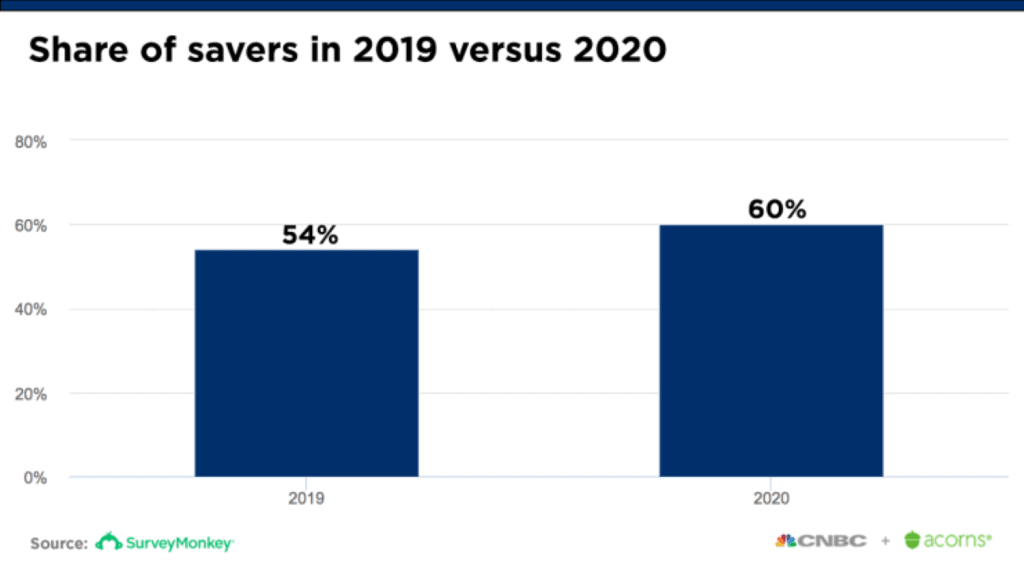Raising a child in today’s world can cost hundreds of thousands of dollars. As a parent of four children ranging from ages 5 to 16, I can attest to just how expensive kids can be. Besides just the essentials like food and clothes, there are club teams, tutors, dance lessons and so much more. With each additional family member comes new financial considerations and expenses. The importance of planning for these costs before they arise is a key reason why many financial advisors are targeting young families and helping them successfully navigate how to cover their children’s expenses without compromising their own financial security. Here are a few top takeaways from some of these advisors:
SAVING FOR COLLEGE
With a high school junior in our house, it won’t be long before we are paying that dreaded college tuition bill. And, due to the ballooning costs of higher education, this bill is not likely to be a small one! If possible, new parents should try to start saving as soon as they can for their child’s college tuition.The earlier you start saving, the better prepared you’ll be. If you save $500 a month at birth, you should have around $190,000 saved by the time that child reaches 18 (assuming an annual return of 6%). However, if you don’t start until your son or daughter is 10, you’ll only have around $60,000 by the time they graduate high school. Setting up a state-sponsored 529 college savings plan, allows parents to invest money and then withdraw it tax-free, so long as the funds are used for certain education expenses. However, as you prepare for your children’s future, make sure that you remain focused on your retirement saving as well. There are lots of ways to pay for college, but you can only use the resources you’ve accumulated for your own retirement.
CHILDCARE AND HEALTH CARE
When our first child was born, my husband and I were both working, and trying to find affordable childcare was not easy. Childcare is one of the biggest expenses new parents will face, especially if both parents work. In some cases, one parent will decide to leave their job and take care of the child themselves, especially if the cost of childcare is more than one parent is making. This is exactly what happened when our second child was born, since it was no longer cost effective to pay for childcare for two children with my salary.
Meanwhile, childbirth and adoption count as qualifying events that allow parents to make changes to their employee benefits outside of the open enrollment period at work. For example, new parents can expect to see their medical expenses rise and those who have access to a flexible savings account and health savings account at work should use them since the money put into an FSA or HSA avoids federal taxation. In some cases, employers offer a Dependent Care FSA, which can be used for costs picked up from a nanny, babysitter or childcare center.
When it comes to health insurance, if both parents work, you should examine which plan will cost less to add the child to. Most doctor visits in the first couple of years are considered wellness visits, which are typically free or very low-cost in most health-care plans today. But, you should look into which plan is most cost-effective in the event of a trip to the emergency room or having to see a specialist – even with good insurance, the price tag of a broken bone is a lot more than you might think!
LIFE INSURANCE
Even though it’s not something most people like to think about, preparing for death is of utmost importance when becoming a parent. Your financial advisor should be able to run various calculations to figure out the amount of protection you would need. Many families make the mistake of only getting life insurance for the main earner, experts say, but both parents should be covered. Many people think that since stay-at-home parent isn’t actually earning anything, they don’t need insurance. However, when it comes to life insurance, you need to evaluate what it would cost to have someone else take care of your children if something were to happen to that parent.
It is also extremely important to put together estate planning documents, including a will and health-care directives, as well as discussing appointing a guardian in the event of an unexpected life event. When we found out we were expecting our first child, it forced us to have some difficult conversations about who we would want to take of our child and how our assets would be distributed if something happened to us. It’s also important to revisit those questions each time you add another child to your family or if there is another major change to your assets. The guardians you might have written in your will when you were 25 might not be the same guardians you would choose when you are 45. None of these decisions are easy ones, but they are vital to preparing for your life as a parent.
EMERGENCY SAVINGS
With all the additional expenses new parents can face, from diapers to a larger home and mortgage, it’s more important than ever to have a safety net for those unexpected costs. Having children is a good reason to have a bigger emergency fund, simply because there are now more people who are dependent on you financially. Aside from the random home and car repairs that always seem to pop up when you least expect them, now add braces, sports equipment and teenage social lives to the mix. Having some money from each paycheck deposited directly into an account that you don’t touch is an easy way to make sure you are creating an ample emergency fund should you need it.
There are so many wonderful aspects of being a parent, but it is definitely a costly undertaking. Seeking some financial guidance before you become a parent is always a good idea, but it’s never too late to start planning for your future with a family. If you have any questions about saving for college, choosing the right health plan, putting together your estate documents or anything else related to your financial goals or plans, please contact us. We offer a free 30-minute introductory consultation and would love to hear from you! Check out our other blogs for more financial advice and tips.










